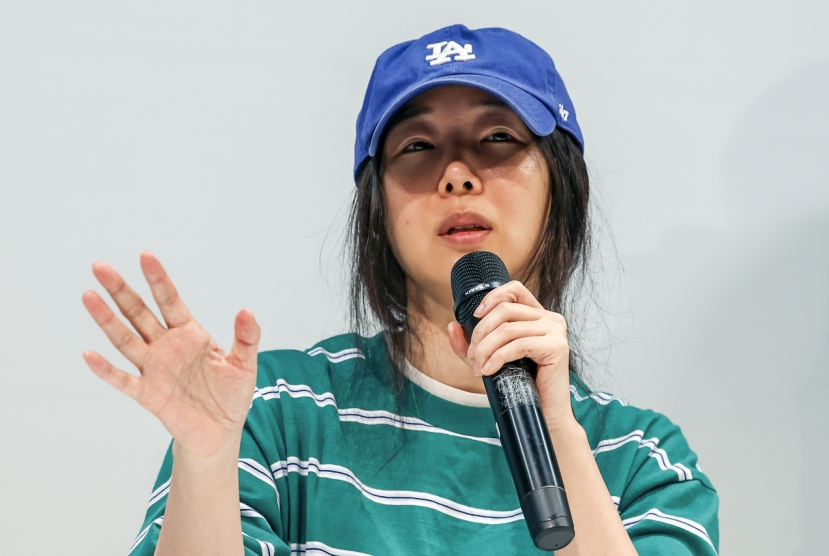Chinese President Xi Jinping presided over a massive military parade on Thursday, marking the defeat of Japan in World War II while showcasing its fast-growing military capabilities.
Started with 70 gun salutes, the military parade is set to show off some 500 pieces of military equipment, reportedly, including inter-continental ballistic missiles. About 12,000 Chinese troops will march through Tiananmen Square during the 70-minute parade.
About 200 aircraft will also fly in formation over the square.

South Korean President Park Geun-hye watched the military parade while sitting two seats to the right of Xi. Russian President Vladimir Putin sat between the two presidents. U.N. Secretary-General Ban Ki-moon was among those watching. Most Western leaders snubbed the parade.
Among some of the military hardware to be displayed are inter-continental ballistic missiles, ZTZ-96A main battle tanks, HJ-12 anti-tank missiles and H-6K mid-range strategic bombers, according to Chinese state-run media.
Speaking on a rostrum overlooking Tiananmen Square, Xi said the war against Japanese aggression made China a "major country in the world" and stressed China's peaceful rise.
As he kicked off the parade, Xi also announced that China will reduce the number of the country's troops by 300,000. The Chinese military boasts 2.3 million standing troops.
It is the first time that China has staged such a military parade marking the end of World War II, which is officially known in China as the "Chinese People's War of Resistance against Japanese Aggression and the World Anti-Fascist War."
At the same time that China celebrates its power ceremonially, the country has been acting in increasingly assertive ways in territorial disputes with its neighbors.
Xi, commander-in-chief of the Chinese People's Liberation Army and head of the Chinese Communist Party, has been taking a tougher line in handling territorial disputes with neighbors.
On the front of foreign policy, an emboldened Xi is also making it clear that China will defend its "core interests" in Asia, in a sharp contrast from the low-profile diplomacy tactics by previous Chinese leaders.
For Xi, the huge muscle-flexing show also gives him a chance to distract attention from a slowing Chinese economy, a near-collapse in stock markets and warehouse blasts in Tianjin that killed at least 150 people last month. (Yonhap)





![[Herald Interview] 'Amid aging population, Korea to invite more young professionals from overseas'](http://res.heraldm.com/phpwas/restmb_idxmake.php?idx=644&simg=/content/image/2024/04/24/20240424050844_0.jpg&u=20240424200058)











![[KH Explains] Korean shipbuilding stocks rally: Real growth or bubble?](http://res.heraldm.com/phpwas/restmb_idxmake.php?idx=652&simg=/content/image/2024/04/25/20240425050656_0.jpg&u=)

